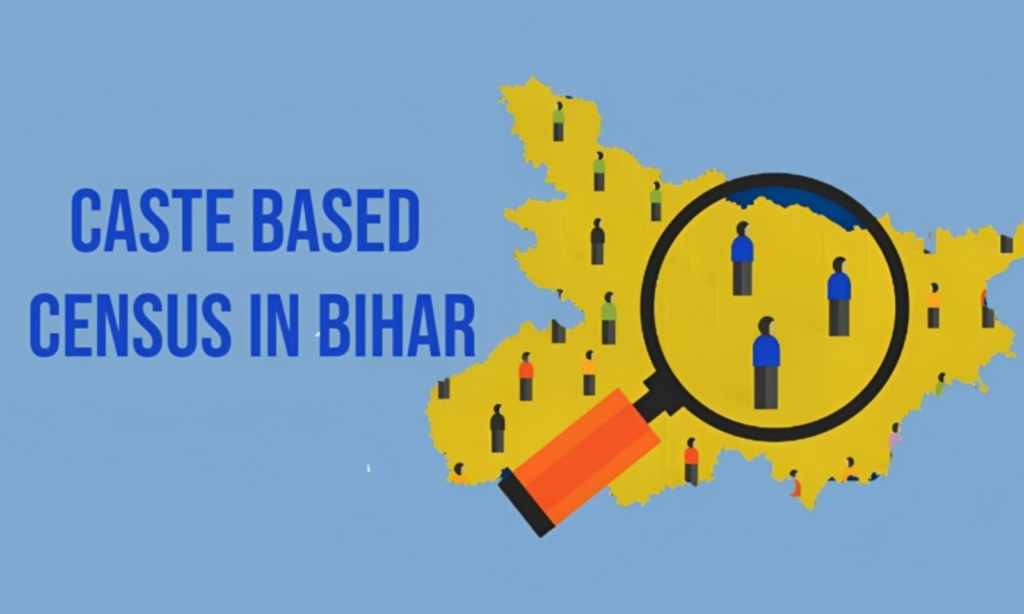Only the Central government can conduct a census under the Census Act enacted in 1948, the Union Home Ministry told the Supreme Court on Monday [Ek Soch Ek Prayas v. Union of India and ors].
The subject of census falls under the Union List as per Entry 69 in the Seventh Schedule of the Constitution, the Ministry stated in its affidavit filed before the apex court.
It was added that a census is a statutory process under the Census Act.
The affidavit was filed on behalf of the Office of the Registrar General that comes under the Union Home Ministry, in the batch of appeals challenging the caste survey underway in Bihar.
The top court is seized of several petitions challenging the Patna High Court decision upholding the caste survey being undertaken by the Bihar government.
In an earlier hearing, in the context of whether the survey violates the right to privacy, the Bench had remarked that in Bihar, most people would be aware of the caste of persons living in the vicinity, something which might not be the case in a place like Delhi.
Over the course of the hearings, the Supreme Court has declined an interim stay on the survey.
The High Court had found that the State’s decision to undertake the caste survey was perfectly valid and was initiated with due competence and a legitimate aim of providing development with justice.
In its August 1 judgment, a Bench of Chief Justice K Vinod Chandran and Justice Partha Sarthy ruled that the move does not violate an individual’s right to privacy since it is in furtherance of a compelling public interest and a legitimate State interest.
It has been argued in the appeals against the High Court verdict that the State government ‘usurped’ the powers of the Union government by its move.
It has been stressed that the Bihar Contingency Act, 1950 does not empower the State government to allocate funds for any caste-based surveys.
The survey is being carried out in two phases. The first phase, under which a household counting exercise was taken up, was conducted by the State government in January this year. The second phase of the survey commenced on April 15, focusing on gathering data related to people’s caste and socio-economic conditions. The entire process was scheduled to be completed by May this year.
However, on May 4, a single-judge bench of the High Court stayed the caste census. This Bench had passed the order on three petitions. It found that the survey was actually a census, which can only be carried out by the Central government.
“We find that the caste-based survey is a census in the garb of a survey; the power to carry out which is exclusively on the Union Parliament which has also enacted a Census Act, 1948,” the Court had said at the time.
Subsequently, the Bihar government moved the Supreme Court against the High Court order of stay.
The top court, however, refused to lift the interim stay and asked the State government to approach the High Court.
The matter was finally heard by a Division Bench of the High Court, which proceeded to dismiss the challenge on August 1, leading to the instant appeals.
Source: Bar and Bench.

